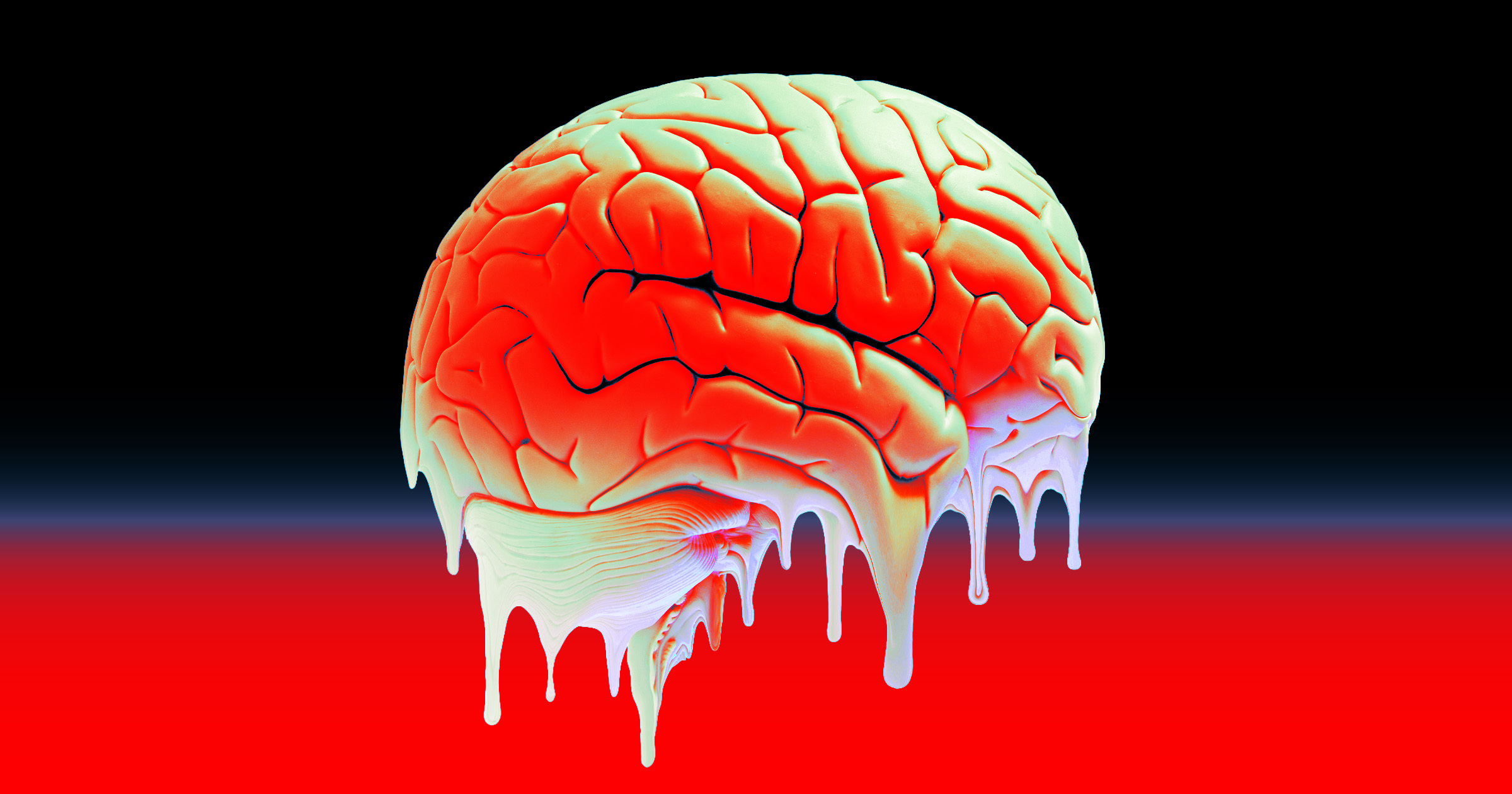Science
Wikipedia Protects “Brain Rot” Page from Vandalism Until 2026

The Wikipedia page on “brain rot” has been placed under protection until January 2026 due to extensive vandalism. This decision comes after repeated instances of disruptive edits, illustrating the ongoing challenges faced by the open-source platform. The term “brain rot” is defined by Wikipedia as the “negative cognitive, emotional, and/or behavioral consequences” stemming from the consumption of trivial or low-quality content.
The page has endured a series of bizarre edits, with one notable alteration in February 2025 that replaced its content with references to the internet phenomenon Skibidi Toilet and former U.S. President Donald Trump. The vandal altered the text to include the phrase “Goofy ahh brainrot” repeated a staggering 96 times. Other edits featured slogans such as “ALL HAIL THE SKÎBÎDÎ TOÎLÊT” and the claim that “BRAIN ROT WILL DESTROY THIS NEXT GENERATION,” showcasing a blend of humor and absurdity.
Protection Measures Implemented
In response to the incessant vandalism, Wikipedia editors classified the page as “semi-protected” in August 2025. This status restricts editing capabilities to registered users with confirmed accounts, a strategy aimed at curbing further alterations from unverified contributors. The semi-protection is currently expected to last until January 2025.
Since its inception in 2001, Wikipedia has been vulnerable to interference from users who exploit its open-edit model. While some vandalism is clever or amusing, much of it has been straightforwardly offensive. Fortunately, the platform is backed by a robust community of volunteers who promptly address such disruptions. For instance, in 2021, Wikipedia editors corrected over 53,000 pages defaced with swastikas within minutes.
The resilience of Wikipedia’s community plays a crucial role in maintaining the integrity of its content. Users remain optimistic that the page on brain rot will eventually return to a more stable state, reflecting the commitment to factual and reliable information.
As digital platforms continue to evolve, the challenges of managing user-generated content remain significant. The case of the brain rot page serves as a striking example of the delicate balance between openness and the need for oversight in online spaces.
-

 Technology5 months ago
Technology5 months agoDiscover the Top 10 Calorie Counting Apps of 2025
-

 Health3 months ago
Health3 months agoBella Hadid Shares Health Update After Treatment for Lyme Disease
-

 Health3 months ago
Health3 months agoErin Bates Shares Recovery Update Following Sepsis Complications
-

 Technology4 months ago
Technology4 months agoDiscover How to Reverse Image Search Using ChatGPT Effortlessly
-

 Technology1 month ago
Technology1 month agoDiscover 2025’s Top GPUs for Exceptional 4K Gaming Performance
-

 Technology3 months ago
Technology3 months agoElectric Moto Influencer Surronster Arrested in Tijuana
-

 Technology5 months ago
Technology5 months agoMeta Initiates $60B AI Data Center Expansion, Starting in Ohio
-

 Technology5 months ago
Technology5 months agoRecovering a Suspended TikTok Account: A Step-by-Step Guide
-

 Health4 months ago
Health4 months agoTested: Rab Firewall Mountain Jacket Survives Harsh Conditions
-

 Lifestyle5 months ago
Lifestyle5 months agoBelton Family Reunites After Daughter Survives Hill Country Floods
-

 Technology4 months ago
Technology4 months agoHarmonic Launches AI Chatbot App to Transform Mathematical Reasoning
-

 Health3 months ago
Health3 months agoAnalysts Project Stronger Growth for Apple’s iPhone 17 Lineup





















